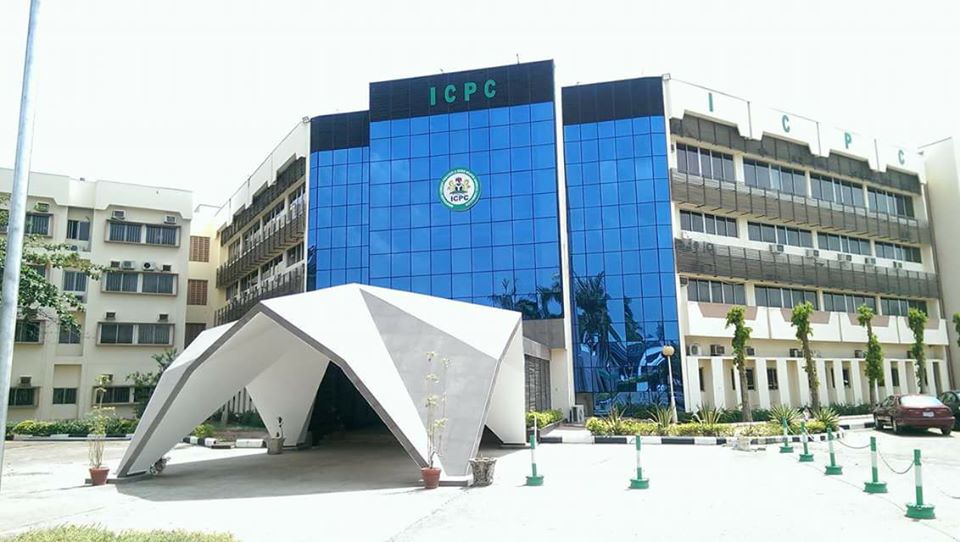As part of the efforts geared towards making anti-corruption agencies in Nigeria to be more efficient in the campaign against corruption, the Inter- Agency Task Team (IATT), a working group of anti-graft agencies met at the Headquarters of the Independent Corrupt Practices and Other Related Offences Commission (ICPC) in Abuja recently.
Organizations that make up the IATT include Independent Corrupt Practices and Other Related Offences Commission (ICPC), Economic and Financial Crimes Commission (EFCC), Technical Unit on Governance and Anti-Corruption Reforms (TUGAR), Code of Conduct Bureau (CCB), Code of Conduct Tribunal (CCT), Nigeria Police Force (NPF), Public Complaints Commission (PCC), Bureau for Public Procurement (BPP), Federal Ministry of Justice (FMoJ), Nigeria Financial Investigation Unit (NFIU), Special Control Unit against Money Laundering (SCUML), Federal Inland Revenue Service (FIRS), National Drug Law Enforcement Agency (NDLEA), Department of State Services (DSS).
In his address to the group, the Chairman of ICPC, Mr. Ekpo Nta who chaired the meeting urged them to focus on the objectives of the working group which were to improve the coordination and partnership amongst participating agencies in the areas of investigation and prosecution and also serve as a platform for sharing opinions, ideas, information and identifying strengths/weaknesses in the current strategies.
He further asked the members of the sub-committee on capacity- building to present their training needs to the UNODC as agreed at the previous meeting.
Mr. Chile Okoroma, Director of Legal and Prosecution Department of Economic and Financial Crimes Commission (EFCC), in his paper titled: CHALLENGES IN INVESTIGATING AND PROSECUTING ECONOMIC AND FINANCIAL CRIMES IN NIGERIA said investigation and prosecution of corruption-related crimes in Nigeria were daunting. According to him, some of the challenges included socio-cultural norms; high cost of prosecuting cases, procedural and evidential issues; undue delays in the judicial process and international cooperation issues.
Chile added that, the celebration of wealth irrespective of whether it was ill-gotten or not was also one of the challenges of fighting corruption. Explaining that people who became suddenly rich as a result of corruption were neither questioned on how they got their wealth nor are they despised in the society. Instead, people would cluster around them, and seek their favours, hence the tendency to obstruct investigation, tamper with witnesses either by compromise or outright intimidation which maked it difficult to get their testimonies and attendance in courts.
He frowned at the constitution of the Federal Republic of Nigeria, 1999 which gives so much protection to an accused to the disadvantage of the state. For instance, the right of an accused person not to be detained beyond twenty- four or forty-eight hours (depending on the proximity of the court) without being taken to court. This makes it very difficult to conduct thorough investigations, obtain relevant and material evidence and interview material witnesses for successful prosecution of cases within the very short period allowed by the constitution.
The transfer of Federal High Court Judges who spend an average of three years in a particular division to another division of the court in his opinion poses a great challenge in the prosecution of corruption related cases/crimes.
In conclusion, he urged the National Assembly to pass into law the Administration of Criminal Justice Bill which would address some of the obsolete provisions of the laws which have constituted pitfalls in the expeditious determination of cases

